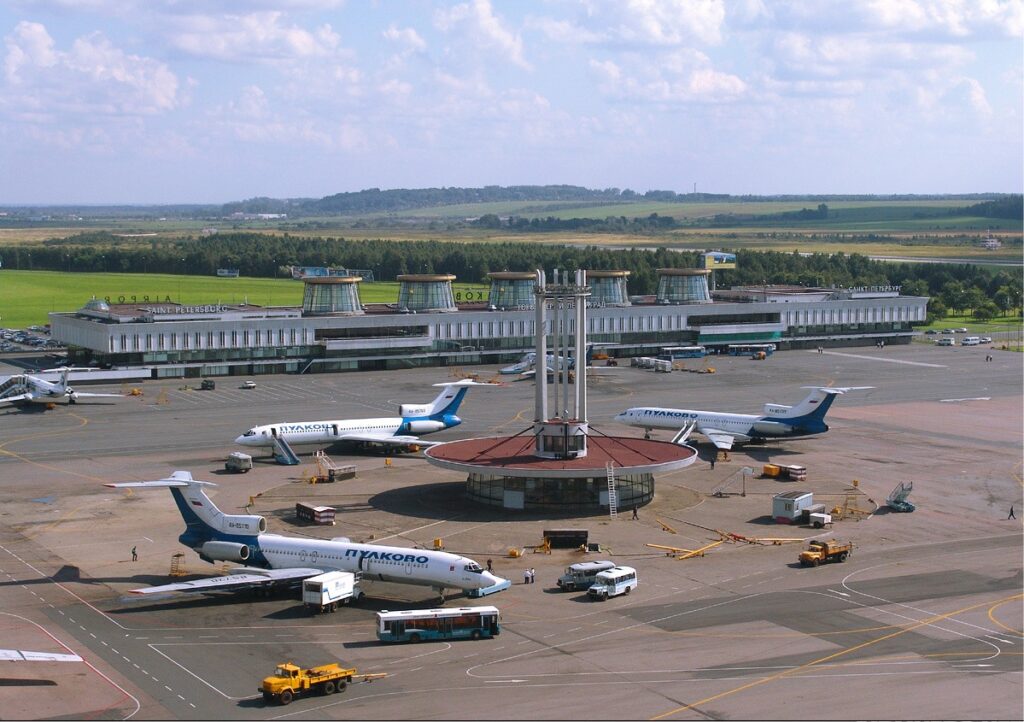Pulkovo Airport has transitioned its registration and boarding infrastructure to Russian software. This transition not only enhances the operation and utilization of related production systems but also completes the shift from foreign software to domestic solutions. The new Russian software, called “AIST” (Accessible Infrastructure Sharing Technology), facilitates collaborative work among various airlines using a unified infrastructure and different peripheral devices such as scanners, boarding pass printers, baggage tags, and others.
When deciding to implement the platform, “Air Gateway to the Northern Capital,” the company managing Pulkovo Airport, considered not only the quality characteristics of the software solution but also the synergy it would bring when combined with other domestic production systems implemented as part of the import substitution strategy, according to Andrey Nesterov, the company’s Director of Information Technology. Nesterov states, “Thanks to the smooth collaboration between Pulkovo and Neolabs, we were able to complete this complex project in a short period of just 1.5 months. We migrated 175 workstations to the new platform, serving over 40 airlines and processing around 70,000 passengers daily. Importantly, we completed the migration before the start of the peak tourist season.”
Previously, Pulkovo Airport implemented another development called “Special Control,” a system for multi-factor document and passenger data checks, as well as mobile boarding pass management. Currently, the airport is working on the implementation of a baggage control system. The seamless integration of these systems allows the airport to provide not just a list of independent services but a comprehensive service that includes the creation of a unified digital passenger path and a unified data exchange environment. Pavel Kushnirenko, the Director of Ground Handling at “Air Gateway to the Northern Capital,” comments, “We can track when a passenger goes through registration, screening, and boarding procedures, assess the quality of our services based on this information, and make informed decisions when resolving any disputes. This is important for us, considering the ‘green digital corridors’ concept being implemented at Pulkovo by the Ministry of Transport of the Russian Federation.”
Foreign systems required lengthy and costly certifications for national solutions used in different countries, which often made it technically impractical to develop various services. Currently, Pulkovo Airport has implemented a class of solutions that interact using standard IATA protocols and do not require additional certifications from each other, concludes Andrey Nesterov.




